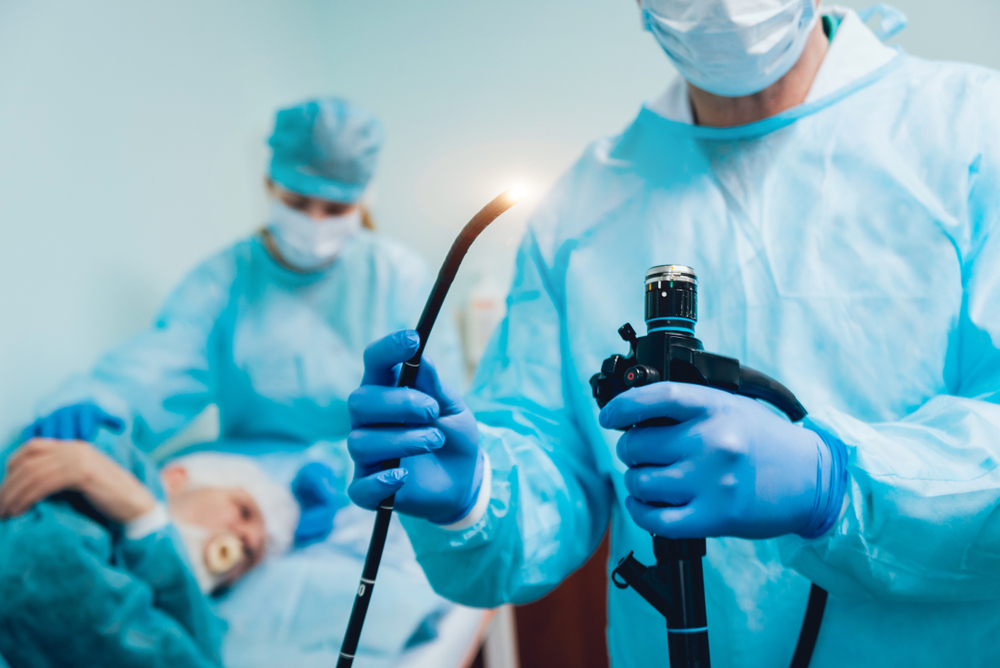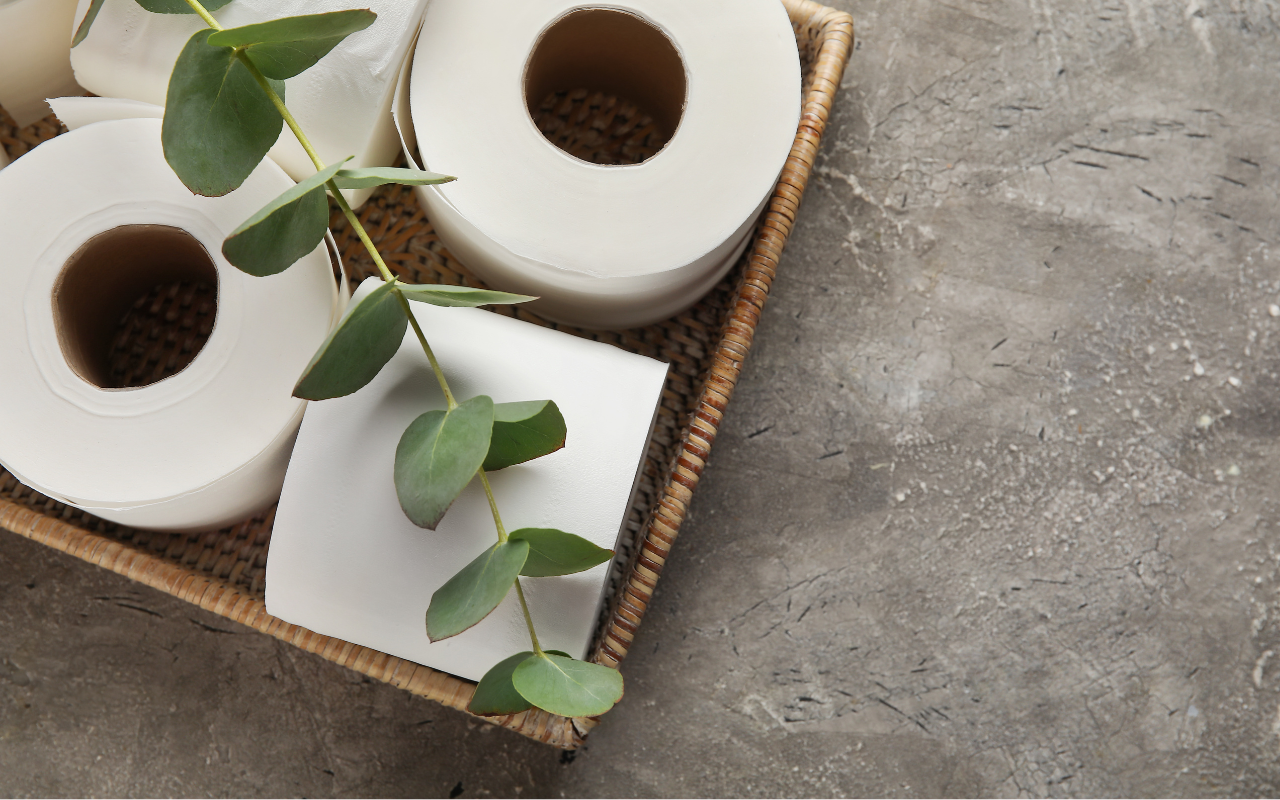A new resource has been launched to help Australians prepare for colonoscopies in a bid to reduce delays and cancellations caused by ineffective procedures.
Up to 63 000 colonoscopies performed in Australia may not be useful to specialists due to inadequate bowel preparation, estimates show.
Inadequate bowel preparation is seen in about 7% of colonoscopies, or the equivalent of about 63 000 procedures, according to Bowel Cancel Australia.
Good bowel preparation is essential for a good colonoscopy and is critical in detecting bowel cancer or preventing it through the detection and removal of polyps.
“A poor bowel prep[aration] makes preventing or detecting bowel cancer more difficult,” gastroenterologist Associate Professor John Ding said.
“If you don’t have a good bowel prep[aration], it renders your colonoscopy less effective, as polyps and bowel cancer are more likely to be missed due to poor visibility.”
“Ultimately, poor visualisation of the bowel means the procedure may need to be repeated, with the patient returning to the end of what can be a very long waitlist.”

Key statistics
Colorectal cancer is the third most common cancer in Australia, with an estimated 15 367 new cases diagnosed in 2023 (8133 men and 7234 women), further highlighting the need for effective colonoscopies.
In recent decades, the number of people under the age of 50 years developing the disease has increased, while incidence in the number of people older than 50 years has decreased.
Surviving bowel cancer is highly dependent on the stage at diagnosis. For people diagnosed with stage I bowel cancer, the five-year relative survival rate is 99% compared with 13% for those diagnosed at stage IV, when metastatic disease is present (here).
A Victorian study found that 24% of people with colorectal cancer had metastatic disease at or within four months of diagnosis.
A new resource
With 900 000 colonoscopies performed each year in Australia, a new tool has now been launched to help people prepare for a colonoscopy.
Bowel Cancer Australia has launched the website bowelprep.au to help people prepare for their colonoscopy.
It provides people with a list of steps, with reminders and videos along the way.
“We really need people to complete their bowel prep[aration] properly to give the colonoscopist the best possible chance of detecting the presence of polyps or bowel cancer,” Associate Professor Ding said.
Preparing for a colonoscopy
Bowel preparation is the process of emptying and cleaning out the large bowel in preparation for colonoscopy via the intake of oral solution containing strong laxatives, Bowel Cancer Australia said.
People are given instructions on how to complete the preparation, as well as a list of what they can and cannot eat or drink.
“Three days before you have your colonoscopy, you need to stop eating foods such as raw vegetables, seeds, nuts and popcorn, as these foods take longer to digest,” Associate Professor Ding said.
“Then, the day before your procedure, you need to stop eating solid foods (after breakfast) and start the bowel prep[aration].”
“Typically, 12–18 hours prior to colonoscopy, you begin drinking the bowel prep[aration] which triggers bowel-clearing diarrhoea. You may feel full or bloated, and you must be within easy access of a toilet, as you will need to go frequently and likely urgently,” he explained.
“The type of bowel prep[aration] isn’t nearly as important as how well you do it,” he said. “However, splitting the prep[aration] between the evening before and the morning of the procedure, regardless of the brand, does seem to make for an even better colonoscopy.”
People are encouraged to have soft toilet paper on-hand as well as some wet wipes and some cream to ease irritation.
Subscribe to the free InSight+ weekly newsletter here. It is available to all readers, not just registered medical practitioners.

 more_vert
more_vert
Clearly patients need to follow the advice of the clinic they go to
They get confused by reafing the company packaging
Patients MUST FOLLOW UP WITH ABOUT A LITRE OF A SOFT DRINK (u ncoloured) like ginger beer and keep hydrated by drinkingclear fliuds until yhey get to colo centre ( that means 2 hours before procedure)
Grafton Base Hospital has great clean bowel prep
Thank you. I have read this with interest but I would like to add my personal experience – I am completely intolerant of the Picoprep that I have been given on three occasions, always with the same result. I find the smell utterly nauseating. I found I could only sip the prep carefully over several hours but the result was always the same – almost projectile vomiting of the entire prep. The first time I got down the first dose but the second dose next morning produced the severe regurgitation. The gastroenterologist went ahead and obtained reasonable views, enough to say no cancer seen but not enough to exclude a polyp – the indication was one out of two positives from an faecal occult blood test .
We went ahead with another attempt but the half the first dose caused severe regurgitation followed by the onset of a large bowel obstruction due to a sigmoid volvulus. This was unwound successfully. A month later I returned for a sigmoid colectomy. The surgeon wanted me to have bowel prep so this time I just forced myself to drink the entire dose – I do not know how I got it down. Within five minutes the prep was all over the kitchen table. The operation proceeded without complication – on the operating table at midday Friday and home Monday after lunch.
So, in summary, we need a different prep. Since my experience, I have meet two other people who were similarly intolerant of the prep. Perhaps gastroenterologists and cool-rectal surgeons could provide information on the frequency of prep intolerance.
In my opinion the biggest problem with bowel preparation is not having enough clear fluid. Many hospitals fast the patient for too long. Best approach is to tell patients to drink plenty of clear fluid until 2 hours before they are told to come to the hospital.